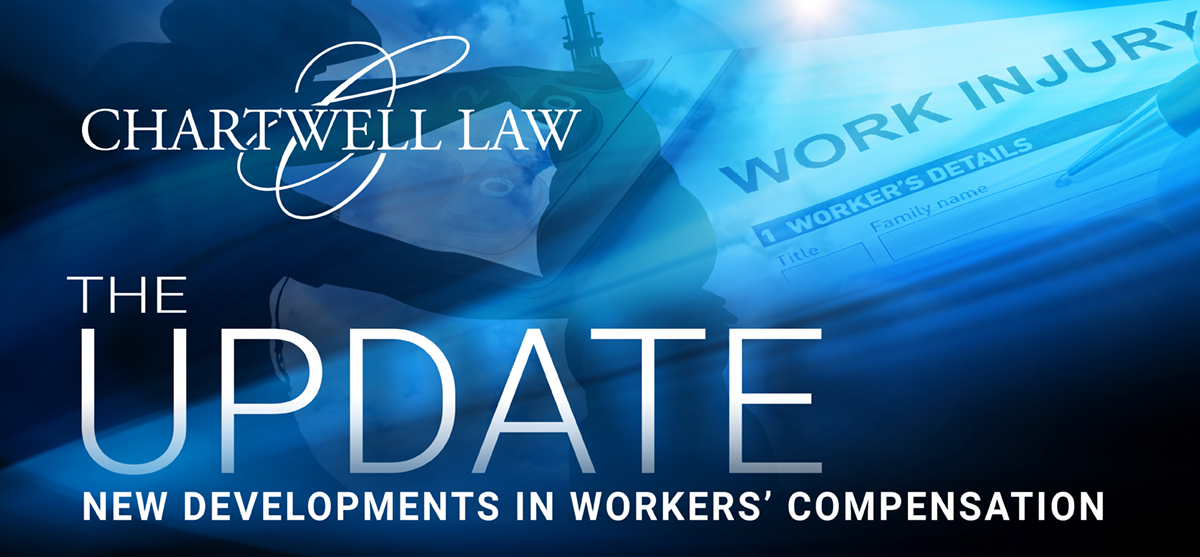

Dual jurisdiction exists if a claimant is able to establish jurisdiction in two or more states. Typically, the employer issues medical and indemnity benefits in one state. Thereafter, the claimant will file for permanency benefits in New Jersey. This is certainly frustrating when it comes to handling these claims. Unfortunately, however, it is permitted pursuant to longstanding case law. See Bowers v. American Bridge Co., 43 N.J. Super. 48 (App. Div. 1956), aff’d, 24 N.J. 390 (1957). Therefore, essentially, the claimant is permitted to shop around so that it can get the best of both worlds.
In order to establish jurisdiction in New Jersey, the claimant must establish one of the following (1) the contract of hire occurred in New Jersey; (2) the accident occurred in New Jersey; or (3) a substantial amount of employment for the respondent occurs in New Jersey. Connolly v. Port Authority of New York and New Jersey, 317 N.J. Super. 315, 320 (1998). A recent decision, Williams v. Raymours Furniture Co., 449 N.J. Super. 559 (2017) added a new layer to this making the jurisdictional test much more loosely defined when the Court determined that accepting a job position via telephone at a residence in New Jersey was sufficient to form the contract of hire thereby conferring jurisdiction in New Jersey. It is important to note that Williams, otherwise, had no other employment contacts with New Jersey.
More and more, claimants with similar facts as Williams are filing Claim Petitions for out of state injuries seeking permanent disability per the New Jersey Workers’ Compensation Statute.
We have been strategizing on how best to efficiently handle these claims. One option is to settle a portion of the claim in each state. For example, Section 32 agreements in New York are effectively the same type of settlement as what we know as a Section 20 settlement in New Jersey. By resolving in this fashion, the respondent is tying up all loose ends and shutting all aspects of the claim down for the same price that it would take to resolve the case in one state. The concern in doing this, however, is having to incur additional litigation costs as the parties are effectively settling twice. Additionally, the cases cannot be settled simultaneously.
Another option is to resolve these cases contingent upon the agreement that the claimant agrees to waive any and all viable claims in any other state. But even this is tricky because the New Jersey agreement is not binding on another state’s workers’ compensation court. Therefore, there is no guarantee that a Pennsylvania Judge would honor the New Jersey settlement terms and the case is being left open for potential future exposure, at least for the remaining statutory time period.
While these cases certainly muddy the waters, the issue of jurisdiction can provide some advantage for the respondent. It is becoming increasingly more difficult to resolve New Jersey claims for a full and final settlement pursuant to the terms of Section 20 of the Statute and claims are being subject to the two-year statutory reopener right period. Therefore, if there is an issue of jurisdiction, the New Jersey Claim Petition should be denied from the outset. This denial provides a basis to resolve the New Jersey portion under the terms of Section 20 of the Statute and extinguishes the reopener rights. Additionally, the claimant cannot obtain duplicative benefits. Therefore, the respondent is entitled to a credit for any benefits received as a result of filing in a different state.
Therefore, it is important to remember that dual jurisdiction may benefit each party providing opportunities that otherwise may not be available.